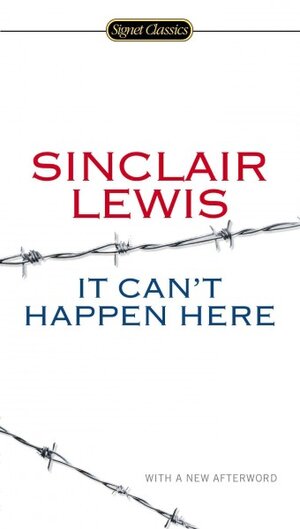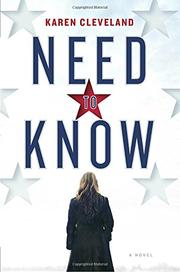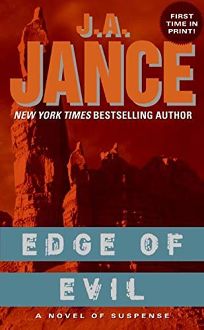Joan Hess (1949-2017), working with the permission of the estate of Barbara Mertz (writing under the pseudonym Elizabeth Peters), has created this novel from extensive research and notes completed by Mertz before her death in 2013. By and large she has succeeded in capturing the spirit and language of Elizabeth Peters for this final (19th) volume in the Amelia Peabody series.
Things open with a bang when, having returned to Egypt for the 1912-13 season, Amelia and husband Radcliffe Emerson immediately stumble into a case of antiquities theft and attempted murder. The first attempt at murder is towards Amelia herself when a man wearing a monocle crashes into her bath chamber at Shepheards and shouts "murder," only to fall dead with a knife in his back. With new information from Nefret, they learn that the half-brothers of her former husband, who died in a conflict with Ramses and Amelia, have vowed revenge against the two. That means there are 4 possible assassins still targeting them. In the meantime, the head of the department of antiquities has asked Emerson to check on an excavation at Amarna, originally assigned to a German archaeologist, Herr Morgenstern, who has inexplicably gone missing. Along with him, a priceless bust of Nerertiti, created by Thutmose in 1345 B.C., is also missing. When Morgenstern surfaces in Cairo, he is delirious and nearly starved; Amelia takes him in and returns with him to Amarna while Ramses and David stay in Cairo to track down the missing bust and copies (i.e., forgeries) that Morgenstern commissioned. Nobody in Amarna is who he claims to be and the adventures continue as Amelia manages to elude or be rescued from one assassination attempt after another. This book is an obvious choice for fans of the series.
More details in this review from Kirkus, this one from The New York Times, and this from Publishers Weekly.
Things open with a bang when, having returned to Egypt for the 1912-13 season, Amelia and husband Radcliffe Emerson immediately stumble into a case of antiquities theft and attempted murder. The first attempt at murder is towards Amelia herself when a man wearing a monocle crashes into her bath chamber at Shepheards and shouts "murder," only to fall dead with a knife in his back. With new information from Nefret, they learn that the half-brothers of her former husband, who died in a conflict with Ramses and Amelia, have vowed revenge against the two. That means there are 4 possible assassins still targeting them. In the meantime, the head of the department of antiquities has asked Emerson to check on an excavation at Amarna, originally assigned to a German archaeologist, Herr Morgenstern, who has inexplicably gone missing. Along with him, a priceless bust of Nerertiti, created by Thutmose in 1345 B.C., is also missing. When Morgenstern surfaces in Cairo, he is delirious and nearly starved; Amelia takes him in and returns with him to Amarna while Ramses and David stay in Cairo to track down the missing bust and copies (i.e., forgeries) that Morgenstern commissioned. Nobody in Amarna is who he claims to be and the adventures continue as Amelia manages to elude or be rescued from one assassination attempt after another. This book is an obvious choice for fans of the series.
More details in this review from Kirkus, this one from The New York Times, and this from Publishers Weekly.







